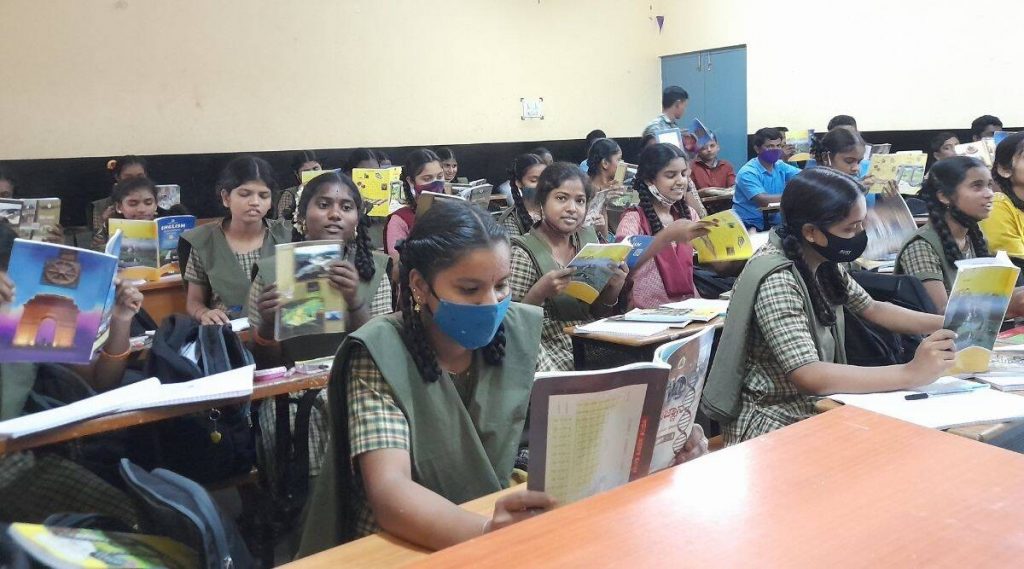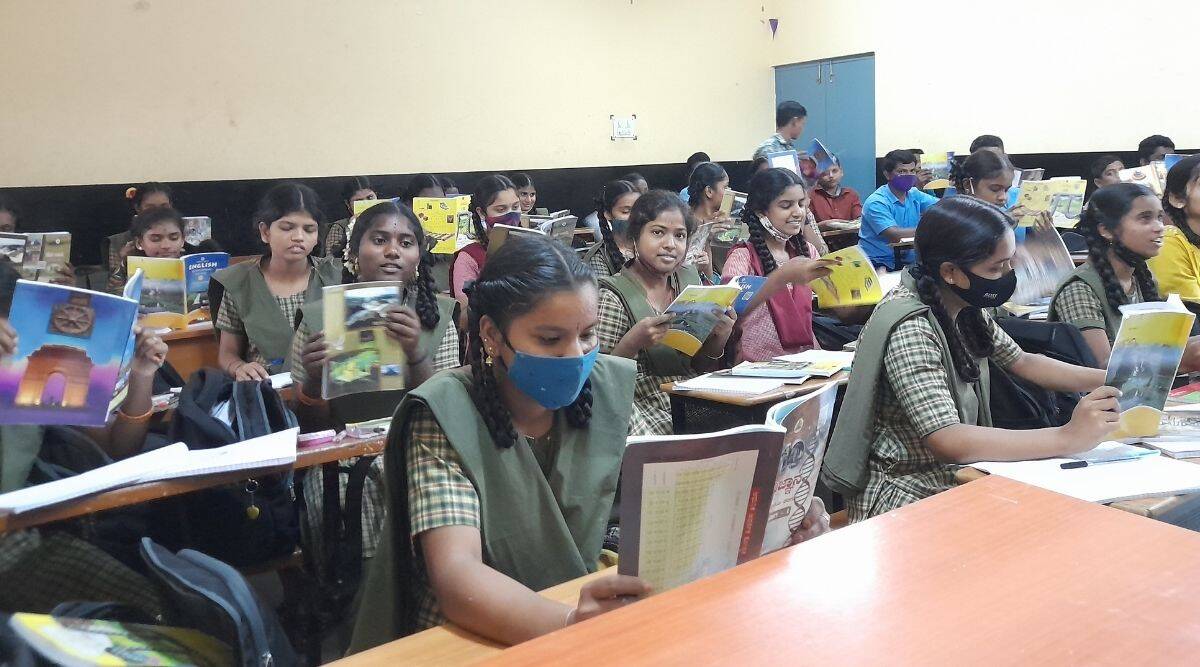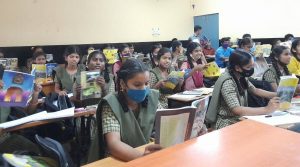The University of California Office of the President (UCOP) launched the “Gender Pronoun Education/Awareness Initiative” this week to draw attention to the “importance of building and maintaining an inclusive workplace.” The Daily Californian claims that the legislation aims to “provide a friendly atmosphere” for people who identify as transgender, nonbinary, or gender nonconforming. It “will not have an impact on any of the UC campuses” and exclusively relates to the Office of the President. Which exemplifies clearly the point that college diversity staff are unnecessary. Take into account everyone who contributed to the creation of the programme, including the OP Staff Assembly, UCOP Pride, the Advisory Council on the Status of Women at UCOP, and the Employee Engagement and Diversity Group. not to mention the executive director of UCOP Operations and the vice provost for diversity and engagement. How many transgender, nonbinary, and gender nonconforming individuals are actually employed by the UCOP, making such an effort necessary?
In the narrative:
In an email, [UCOP spokesperson Sarah] McBride stated that “diversity is a distinguishing aspect of the University of California and we welcome it as a source of strength.” As part of our greater commitment to diversity, “we seek to create a culture where employees feel accepted and individual differences are acknowledged and valued.” … The use of pronouns and the impact of their wrong use on people in the workplace is one of the initiative’s specific areas of focus, according to the newsletter. According to McBride, coalition members working on the effort gave pronouns a high priority based on feedback from staff members, including transgender and nonbinary people, and decided that this was a useful first step. McBride claims that the effort is still in the planning stages and that the various departments will keep collaborating to create programmes and assistance mechanisms to foster an inclusive culture at the UCOP. According to McBride in the email, “Building an inclusive and intellectually robust community is important to the university’s basic goal of public service, teaching, and research.” In order to ensure that all UC campus facilities, “including restrooms,” were gender-inclusive in 2015, the UCOP took the lead. A U.S. official said it will require the usage of preferred pronouns. Prof. loses first research grant after refusing to use incorrect pronouns
Dear Community of BU Wheelock,
After the horrifying murders of Ahmaud Arbery, Breonna Taylor, and George Floyd, names like these can be added to the thousands of senseless executions of our fellow citizens committed over the course of our nation’s history by both police enforcement and vigilante private people. African-Americans around the country are suffering from this murder and the pervasive prejudice they see every day, as evidenced by the protests that are being held in response to the Floyd murder in Minneapolis. One of my responsibilities as the dean of a college of education and human development and as a person is to listen and learn. I shouldn’t and won’t claim to know the solutions to the institutional, structural, and individual racism that has dominated our nation for more than 400 years. We live in a society where the systems are set up to favour white Americans’ comfort and success at the expense of persons of colour. These structures are purposefully constructed to justify white supremacy and conceal the truth about our nation’s past in order to preserve the systems. White individuals must first recognise that, because of their privilege, they have been “standing on the necks” of their black and brown colleagues and pupils, both literally and figuratively, and calling it success before these systems can be changed.
Dean David Chard’s message to the community on June 1, 2020
The BU Wheelock College of Education and Human Development recently adopted a guide-star to show how we intend to focus our efforts. “Transforming the systems that impact learning and human development for a flourishing, sustainable, and just future in Boston and beyond,” the statement from BU Wheelock reads. To get to our guide-star, we must start by drastically altering our own programmes, research areas, and community-engagement practises. This will change not only who has access to our programmes, but also how they are intended to change the systems we want to have an impact on: education, health care, and juvenile justice. For instance, we will keep fostering and expanding our partnership with the Boston Public Schools in order to work closely with them and build strong linkages with communities in Boston that have historically been underrepresented at all levels of education, not just higher education. To boost the number of teachers, counsellors, and child life specialists who will profit from excellent professional training and continue to have a substantial impact on the communities they serve, we are developing scholarship funding for professionals of colour.
In addition, our professors are identifying and addressing difficult topics about equity and social justice in collaboration with research partners from all throughout the city and our neighbouring regions. We have witnessed COVID-19 target communities of colour disproportionately over the past few months. This begs for change, along with the violent acts that have claimed so many black lives. Let’s first unite to recognise and support individuals in our communities who are enraged, depressed, hopeless, or worn out. Let’s be modest, try to listen, and absorb what they have to say. So let’s resolve to work as hard as we can to promote social, economic, environmental, and educational justice by acting as allies, advocates, and activists. The lack of clarity we might be experiencing regarding our next steps is a test for our campus community. We will have failed if, in the following weeks and months, we go back to “normal,” if we think that this disruption isn’t calling to us to make a difference, or if we think that the issues are too huge or complex for us to handle.
Content Instruction Study Options (MEd, EdD, Ph.D.)
The study choices in curriculum and instruction are created to develop educated, self-reflective practitioners and to equip them for leadership positions (such as those of subject/curriculum specialists) in the many content areas that are listed below. To find out more about the courses and programme requirements, click here. The state does not certify graduates of these programmes to teach. Students who want to become certified should apply to one of the programmes for teacher preparation. With an emphasis on primary or secondary education, advanced, specialised training in mathematics and/or science instruction is prioritised. Intended to increase teaching skills in mathematics and science. Find out more about this area of expertise. IslandWood Option: Thanks to our collaboration with the outdoor learning facility IslandWood, the first year of this programme can be finished. The 4th, 5th, and 6th graders in our School Overnight Program are the focus of the Graduate Residency in Education for Environment and Community at IslandWood, which integrates educational theory from environmental, experiential, and multicultural education with practise teaching these students. Graduate students have the option of residing on the 255-acre, environmentally friendly campus of IslandWood, which features a marsh, bog, pond, ravine, and woodlands in addition to an estuary not far away. Find out more about this choice. Language, Literacy, and Culture: Reading, writing, English/language arts, and/or English as a Second Language (ESL) courses with an emphasis on primary or secondary education. aimed at enhancing competency in curriculum, instruction, and policy. Possibilities for state endorsements in ESL and reading.
Find out more about this area of expertise. Social Studies:
With an emphasis on primary or secondary schools, this subject emphasises advanced specialised preparation in social studies education. aimed at improving social studies education’s competence in instruction, curriculum, and policy. Find out more about this area of expertise. Culturally Sustaining Education: Designed to help educators build integrated learning environments, teachers develop the knowledge, attitudes, and abilities necessary to integrate curricula with ethnic material, and other professionals raise the academic achievement of all students. Find out more about this area of expertise. Leading Instructionally: Teachers and coaches who want advanced knowledge of leadership and classroom practise but do not currently have aspirations to become principals or administrators can benefit from this master’s degree. Based on the 2011 National Standards for Teacher Leadership and the 2016 National Teacher Leadership Competencies, the programme combines teacher leadership training, subject-specific coursework, and inquiry-focused leadership practise. Find out more about this area of expertise. Teacher Effectiveness and Teacher Education (Curriculum and Teaching): The Teacher Education doctoral studies option is a part of a sizable cluster of courses within the theoretical area of Curriculum and Instruction. These courses are created to aid graduates in gaining a profound understanding of teaching, teaching research, and the implications of this research for the enhancement of teaching, teacher education, professional development, and policy. Students who complete the Curriculum and Instruction programmes will graduate with the following qualities: (1) higher standards for themselves and their profession; (2) a sense of community among educators who are facing comparable problems; (3) the ability to suspend belief when necessary; (4) a dedication to doing practical work that is guided by in-depth knowledge and understanding; and (5) a passion for learning more. Graduates from these programmes can be found in classrooms and in leadership positions in schools and districts, such as team leaders and staff development.










